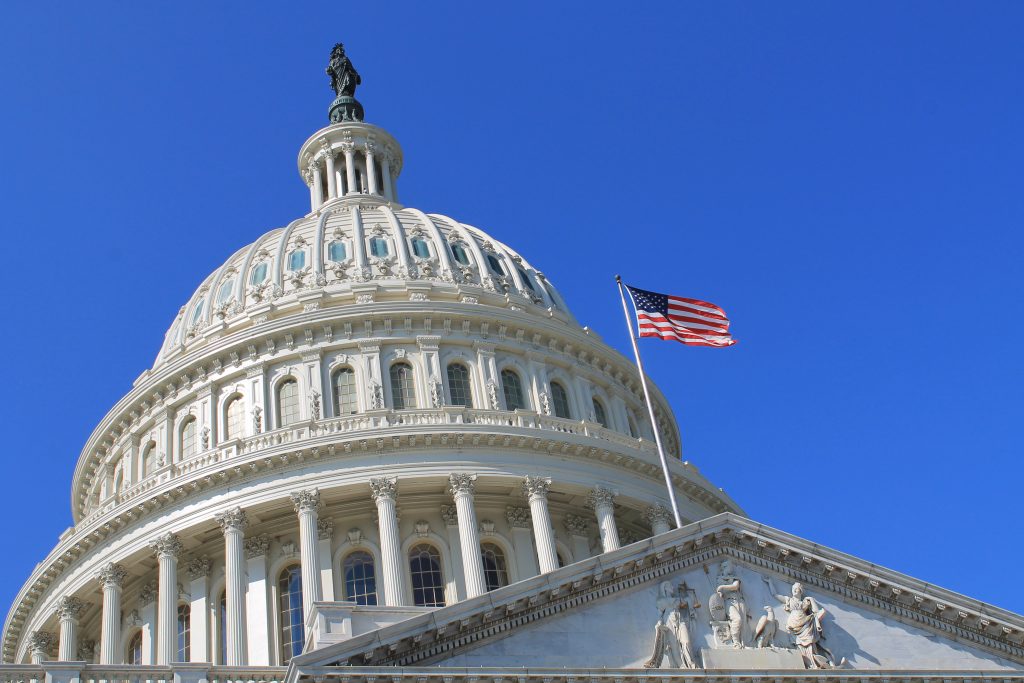Reposted from: https://civileats.com/food-policy-tracker/#exclusive-senator-cory-booker-introduces-bill-to-honor-farmer-contracts
Senator Cory Booker (D-New Jersey) will introduce a bill today that would require the USDA to release frozen grant funds, while also prohibiting the agency from terminating existing contracts or closing local field offices without notifying Congress.
Called the Honor Farmer Contracts Act of 2025, the bill directs the USDA to immediately “implement all agreements and contracts entered into” and to “rapidly pay past due amounts.” It also says the USDA “shall not cancel” any signed contracts with farmers or organizations supporting them unless they’ve failed to comply with the terms. Technically, the contracts are already legally binding documents, but the agency has not been treating them as such.
“Farmers across the country have been in limbo ever since the USDA froze previously signed agreements and contracts, with many facing catastrophic consequences if these freezes continue,” Senator Booker told Civil Eats. “USDA’s refusal to pay what is owed to farmers and the organizations that support them is theft, plain and simple.”
Booker, a member of the Senate Agriculture Committee, had previously prepared similar language to potentially attach to a legislative package but ultimately decided to introduce the standalone bill. About a dozen other Senate Democrats, including fellow Ag Committee members Tina Smith (D-Minnesota) and Peter Welch (D-Vermont), signed on as cosponsors. Representative Gabe Vasquez (D-New Mexico) will introduce a companion bill in the House.
Since President Trump’s inauguration, payments for already-contracted projects have been paused across a broad array of farmer programs. The USDA says it has been reviewing those programs and contracts to ensure they align with Trump’s directives. The agency has also canceled individual grant contracts based on their inclusion of diversity and equity language. Pauses and cancellations have caused serious financial distress on farms and gutted many nonprofit organizations that provide training, market opportunities, and other support.
At the same time, the Department of Government Efficiency (DOGE) has targeted the USDA’s “boots on the ground” through office closures and employee cuts, prompting concerns about the availability of services like loan administration and conservation and technical assistance for farmers.
“It’s a critical time of year for farmers and ranchers. They should be doing what they love—feeding our communities, not worrying about unpaid contracts,” Booker said. “This legislation will fix that by forcing USDA and the Trump Administration to hold up their end of the deal.”
“We thank Senator Booker and Congressman Vasquez for their leadership in forcing Secretary Rollins to honor USDA obligations,” said Joe Maxwell, president of Farm Action Fund, which brought together more than 300 organizations to sign a letter in support of the bill. “When farmers shake hands, it’s a deal. No less should be expected of our government or the Trump administration.”
In addition to enforcing the terms of contracts, the bill requires the USDA to provide Congress with written notice and justification at least 60 days ahead of closing any Farm Service Agency (FSA) county office, Natural Resources Conservation Service (NRCS) field office, or Rural Development Service Center. Two weeks ago, AgDaily reported that the USDA listed nearly 60 FSA and NRCS offices on a list of lease terminations on DOGE’s website. Those offices are generally farmers’ first and only pathway to connect with USDA programs and services. Questions also remain as to how the agency will fulfill Trump’s order ending remote work if offices are shuttered.
So far, Republicans have refrained from calling attention to the pauses and cuts; when asked, they have said they support the USDA’s work so far. With the Republican Party in control in both the Senate and House, the bill has little chance of moving, although GOP lawmakers have been faced with angry farmers and USDA employees at town halls and public events in their districts. (Link to this post.)



